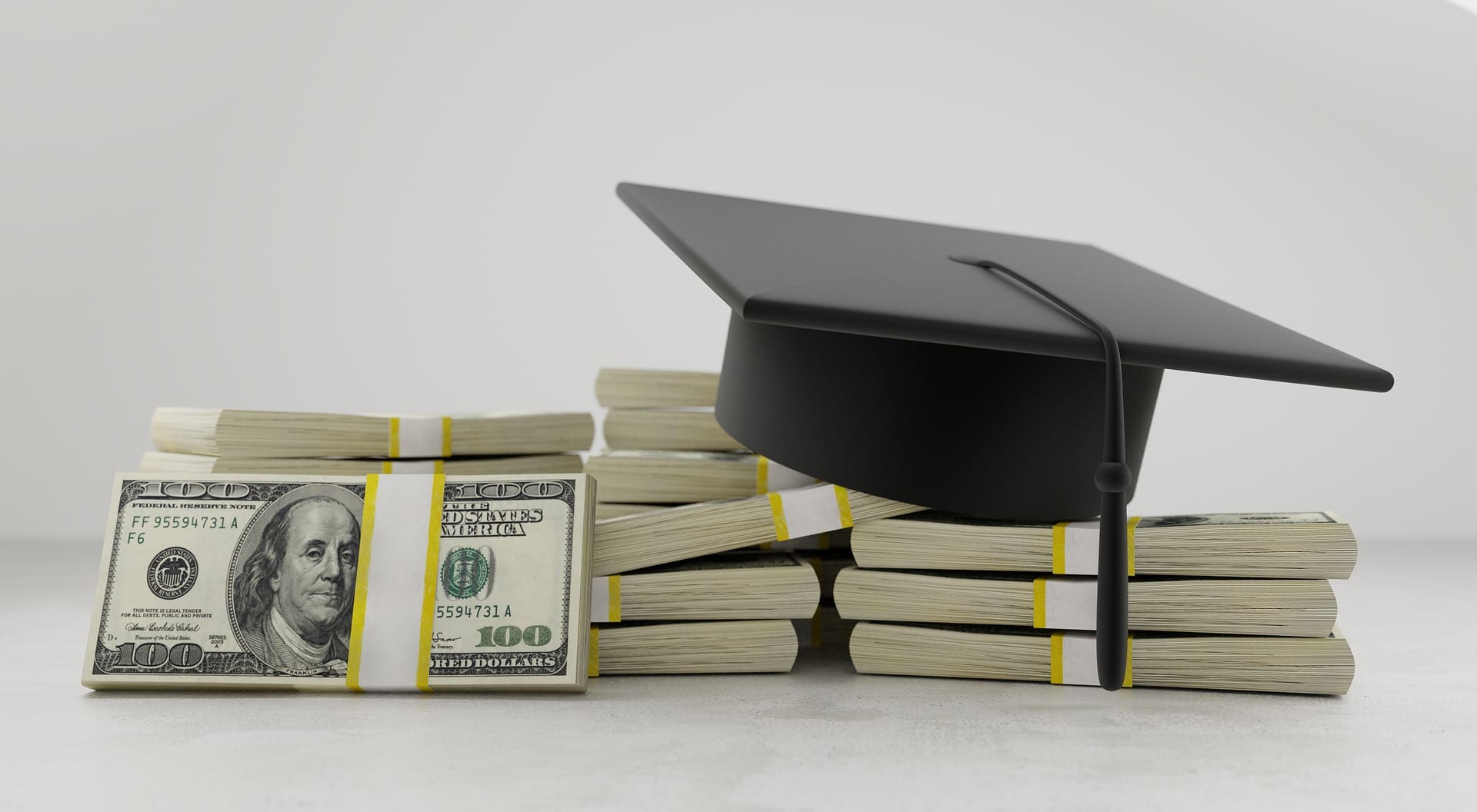Student Loans and Bankruptcy
Get Rid of Student Loan Interest in Chapter 13 Bankruptcy

After the closing of the bankruptcy case, the lender attempted to collect the student loan. The lender still tried to collect the interest, even though it had been discharged in bankruptcy. The debtor argued that the debtor would have to sue the lender, and proved hardship, before the debt was discharged.
Get Rid of Student Loans in Chapter 7 Bankruptcy

Your government protects student loans whether they are made by the government or another lender. The interest rates are really low, because thestudent loans are secured by the government. Student loans are hard to get rid of.
However there are a lot of benefits to student loans. The lender or the government cannot collect student loans as long as you are in school. Student loans must contain ways to delay payments, and they are supposed to be easy to work with. However, just like with any government agency, we all know how that works out.
So, just going into bankruptcy, student loans are not affected, unless you ask. There are laws that require student loans to be discharged in bankruptcy. All you have to do is prove the student loans are causing hardship. However, in order to do this, you have to sue the student loan lender in bankruptcy court. You will probably need a experienced bankruptcy lawyer for this.
There are three factors the bankruptcy court will look at to determine hardship. You have to show all three of them:
- Poverty. Based on your current income and expenses, you cannot maintain a minimal living standard if you have to repay the loan.
-
Persistence of hardship. You cannot pay the loan now, and you are not likely to be able to in the future. This is normally the case if you have encountered a disability, or if you are elderly and cannot earn money anymore.
-
Good faith. You’ve made a good-faith effort to repay your student loan. You have to actually try to repay your student loan for some period of time.






